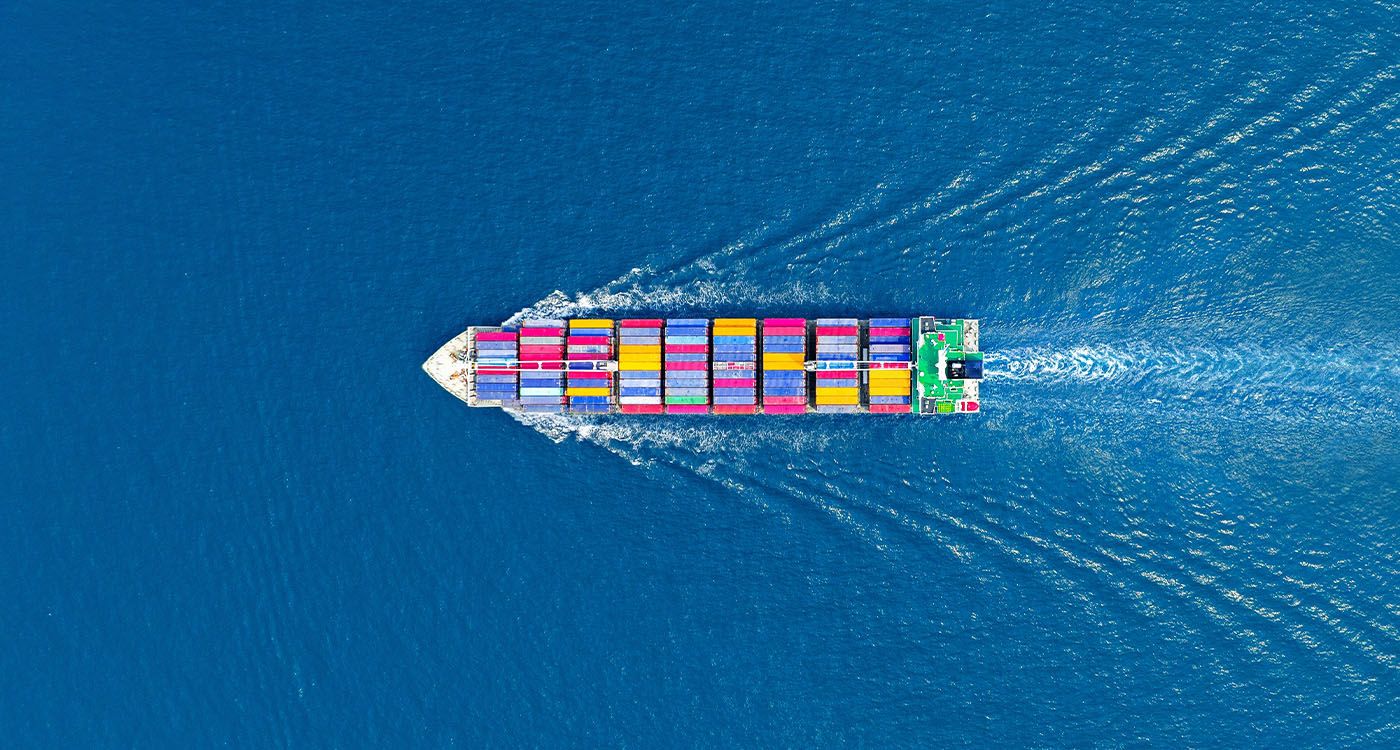
Due to the ongoing war between Hezbollah and Israel, freight insurance premiums have surged, adding further pressure on Lebanese trade and, consequently, on consumers.
Armed conflicts significantly increase the risks associated with maritime and land transport. Ships and cargo can be targeted or suffer collateral damage from hostilities. Transporters often need to modify their routes, leading to costly delays.
In response to these heightened risks, maritime and freight insurance companies have classified the Lebanese-Israeli zone as a high-risk territory, resulting in increased insurance premiums.
Lebanon imports a significant portion of its essential goods, including food products, fuel, medicines, construction materials and raw materials. The rise in insurance costs directly impacts the final prices of goods, exacerbating inflation.
Lebanese companies, already weakened by an economic crisis which has been ongoing since 2019, must either absorb these costs or pass them on to consumers, which reduces their competitiveness.
Assaad Mirza, president of the Association of Insurance Companies, explained to This Is Beirut that war risk insurance has increased by around 2 to 2.5%, noting that this rate is determined daily by reinsurers depending on the situation and the type of goods. On the other hand, all-risk insurance rates have remained unchanged. He also highlighted that transportation costs have also increased.
Nabil Fahed, president of the supermarket owners’ union, concurs, though he emphasizes that the share of insurance costs remains low, not exceeding 2% of the final product price. He admitted that “even if insurance rates have increased, this has not yet been passed on to consumers.”
In terms of fuel, Maroun Chammas, president of the union of fuel importers, told This Is Beirut that insurance premiums have significantly increased in his sector, by about $8 per imported ton. He revealed that he is holding discussions with the Ministry of Energy to adjust sale prices accordingly.
Regarding healthcare, Joe Ghorayeb, president of the union of pharmaceutical product importers, assured that while insurance rates have increased, the prices of medicines have not changed because this rise has been absorbed by importers and distributors. He specified that this increase, borne by importers, reached 15% to 20% in October.
The same applies to industrial sectors. The rise in insurance costs for importing raw materials is being absorbed by companies, as the ratio is too small compared to overall production costs.
As long as the conflict between Hezbollah and Israel continues, it is unlikely that freight insurance costs will decrease. However, an escalation of hostilities could worsen the situation and lead to even higher costs.




Comments